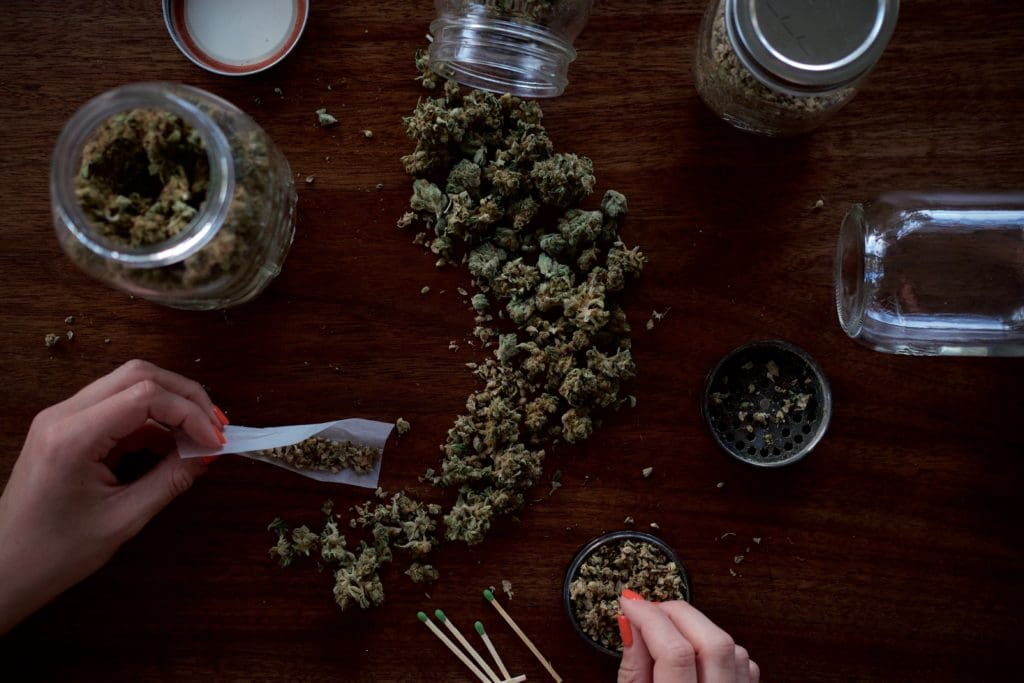Marijuana reform has been one of the bright spots for liberty advocates over the last decade.

Now over 90 million Americans live in states with legal marijuana. Some red states like Texas are witnessing various urban counties de-emphasize the enforcement of cases involving the possession of small amounts of drugs. The U.S. government has even demonstrated reluctance in prosecuting and incarcerating people using marijuana in states with legal or medicinal marijuana policies. This leaves many hopeful that the federal government will eventually craft policies that allow states and municipalities to handle drug-related matters instead of D.C. agencies.
With all these developments considered, it’s becoming clear that marijuana legalization is an idea whose time has come. However, there are still some obstacles to true drug liberalization. And they’re ironically coming from marijuana legalization advocacy organizations themselves. In a recent statement, the executive director of the National Organization for the Reform of Marijuana Laws (NORML), Erik Altieri, criticized several comments from the U.S. Surgeon General regarding marijuana use. He then proceeded to make a recommendation:
The Surgeon General’s time would be better spent advocating for a legally and tightly regulated cannabis market – one in which we educate Americans about the potential harms and benefits of cannabis through evidence-based public education campaigns – rather than through fear-mongering.
This confirms many of the fears that liberty advocates have had about the drug reform movement. Although political reality dictates that we can’t have a fully liberalized drug market right off the bat, we should remain steadfast in our efforts to push for full-fledged liberalization. After all, most marijuana taxes are quite high and give many fiscally irresponsible state governments excessive funds. On top of that, many of the regulations imposed on the marijuana industry favor the first movers in the sector who tend to have more capital and funds to help shoulder the costs of regulatory compliance.
Nevertheless, we should still be thankful we’re moving away from the prohibitionist mindset. Far too many people have become casualties of the prison-industrial complex thanks to the drug war. On top of that, so much money has been spent (approximately $1 trillion) fighting a war that has produced no victory except for those who are in charge of the drug enforcement bureaucracy.
But we should never lose sight of our ultimate goal for drug reform — the separation of drugs and state. Civil society and market mechanisms will bring more humane solutions to drug use and some of its negative consequences. The past century of drug policy clearly shows that the state is not the entity to tackle drug-related problems. If anything, it actually makes things worse.

























